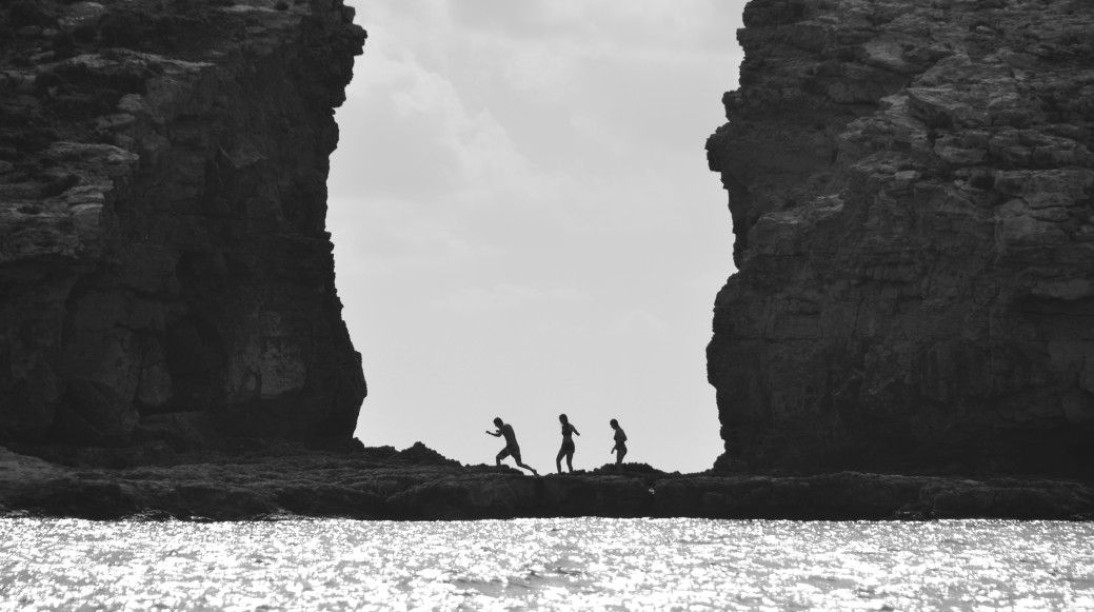Billy's gap year of living dangerously


He'd already suffered two motorbike accidents, a machete attack in Vietnam and getting lost in the jungle. Read what happened next in this piece for Drum Cussac, part of our showcase of client work
AUTHOR: Tabi Jackson Gee
EDITOR: Rhiannon Edwards
While in France on a work trip, Maggie heard that her 21-year-old son Billy was in trouble on his gap year in Nepal.
During his five months away, Billy had already been hospitalised three times: twice from motorbike accidents; then after a machete attack by a Vietnamese street gang.
When pictures of him in hospital started to surface on social media, Maggie – a 60-year-old expert witness who runs two companies, has a busy social schedule and two other children in their twenties – sat tight and hoped for the best. She had always encouraged her children to be independent.
But three weeks after the machete attack, things got even worse. Billy was in Nepal, separated from his friends and suffering from post-traumatic stress disorder.
Deep in the jungle, he had given all his belongings to a Nepalese sect and was living off rice. With no phone, he had to reach the nearest town and track down a computer to keep in contact with his family.
“He had nothing left,” says Maggie. “He just said: ‘I’m in Kathmandu but I’m not staying, I don’t feel safe here’ and was obviously very stressed. The only way he could get money was to stop people with English accents and make friends with them so I could use their bank account to send him some.”
It’s enough to make parents want never to let their children out of the house. Yet release them you must, according to sociologist and parenting expert Frank Furedi. “It’s through taking risks that children learn their strengths and weaknesses, and become better at dealing with uncertainty. They gain real confidence – the kind teachers attempt to build by saying how brilliant you are – which is often just bull****.”
In a globally connected world, learning to be independent isn’t easy. Furedi remembers when young people – himself included – would explore the world without even a mobile phone. “I remember taking off to Africa for nine months and never calling my parents once. Nobody blinked an eyelid.”
Billy’s story is extreme, but not unusual. A few decades ago a family could be recognised easily by its address. They would share a surname and postcode and travel together. Now, with increasing numbers of parents and children apart for work, education and extended trips, it’s not so straightforward.
The “time zone family” is rarely in the same country at the same time, let alone the same house. Mum could be away at a conference, the middle child at boarding school, the youngest at home with Dad and the eldest studying abroad.
There will be a Whatsapp group for emergency contact and pictures of the cat, but they’ll prefer Facetime for catch-ups. When long-distance separation anxiety runs high, smartphones provide a security blanket.
Yet being able to call anyone from anywhere can be a mixed blessing for the time zone family. Anna Watt, an International Operational Support Manager at sustainable development charity Raleigh International – where Prince William did his Chilean Gap Year in 2000 – has seen the good and bad side.
“Intermittent communications can be worrying for family back home,” she says. “Once you get used to receiving updates, not hearing from your child or noticing they haven’t been online for a few days can cause unnecessary concern.”
For Maggie, social media provided welcome respite. “Before Billy got to Nepal I would check Facebook and look at his friend’s pictures just to see if anyone had posted anything of him. I would think: ‘Well, at least I know he’s okay’.”
Billy is also grateful for its help. “Without social media, it would have been impossible to communicate with my mum and family,” he says. “I lacked the basic communication skills even to find out the international code for dialling Britain – and I had no phone.”
Billy had to reach almost the point of no return before deciding he needed help. “It wasn't until I had thrown away or donated all my things, got lost in a forest and had decided there was a conspiracy against me that I realised,” he recalls.
“Getting new travel documents in a city as chaotic and, for me, traumatic as Kathmandu was the final straw. I was still paranoid until I finally saw Mum face to face.”
Maggie arranged to meet him at a hotel in Pokhara, central Nepal, at an agreed time. Fortunately, he got there. Maggie’s experience of travelling to dangerous places for work meant she knew how to handle corrupt officials: she had to resort to bribery to negotiate Billy’s emergency travel papers.
Billy is now home and grateful for the experience. “Landing at Heathrow was the best feeling in the world bar none.”
Maggie agrees that it taught him some valuable lessons but it was a terrifying few weeks, and she’s glad to have him back for now.
His is an extreme story, of course, but as long-haul flights become cheaper children will carry on having adventures and parents will continue worrying about them.
As Frank Furedi points out, travel is one of the only ways left for young people to learn to stand on their own two feet. “I think it’s really important, especially when there are very few rites of passage left,” he says.
“We live in a world where it’s impossible to escape from the worries. But you’ve got to remember, the worries are your problem, not your kids.”
Despite it all, Maggie echoes this: “Billy didn't know anyone and I think that was very good for him. I'm not saying it was easy – but he had to do it. He had to learn how to survive.”




